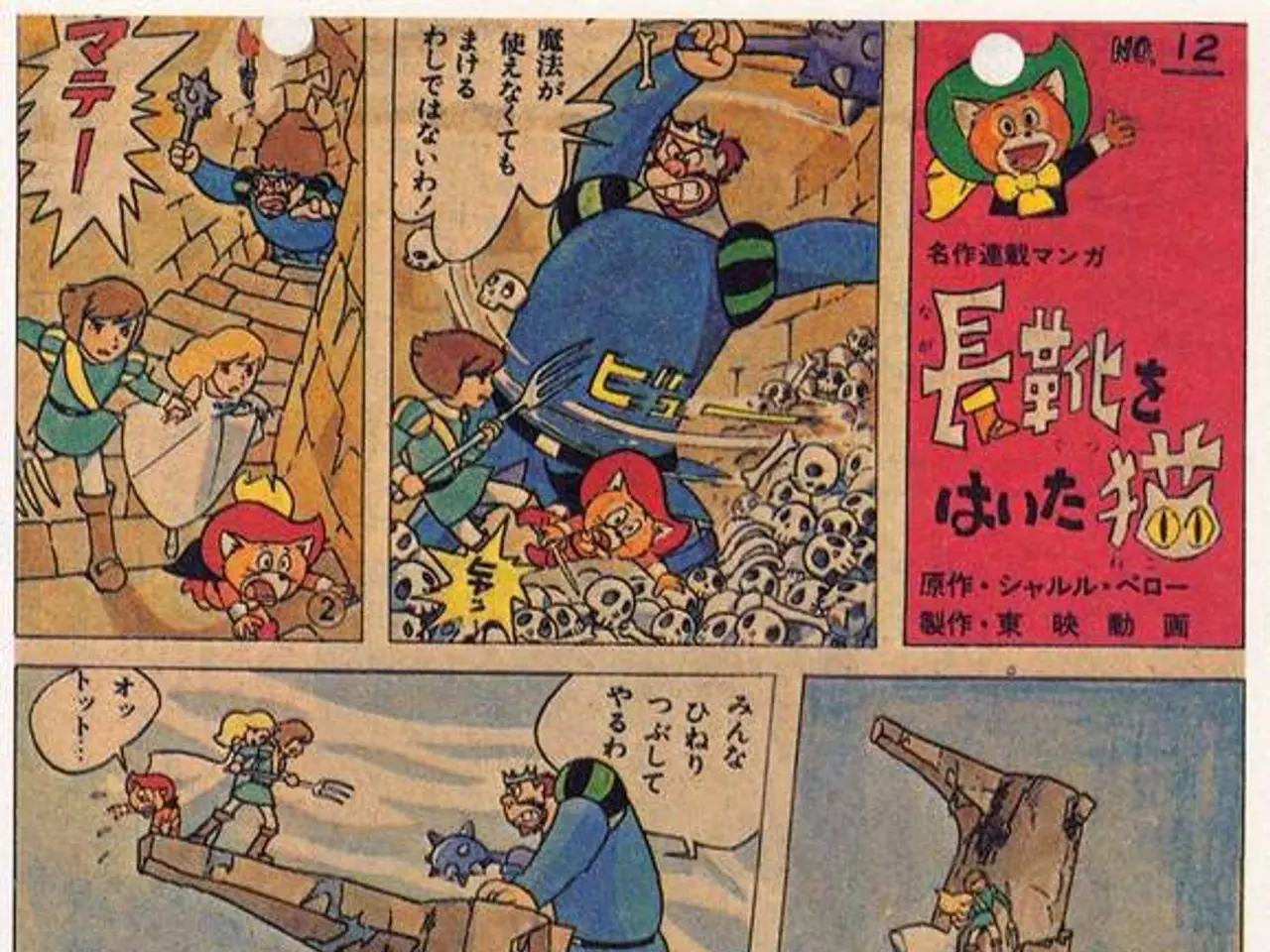Redefining Study Approaches with Graphic Narratives
The Department of English at Syracuse University's College of Arts and Sciences is leading the way in embracing a new approach to media engagement – videographic criticism. This shift in methodology, which involves using video to explore and interpret works, is currently being integrated into the department's curriculum and research frameworks.
Will Scheibel, professor and chair of English, has noted the growing appeal of videographic criticism due to advancements in technology and distribution platforms like Vimeo and YouTube. He hopes that the department will inspire others in the field to follow suit and build connections with fellow content creators and scholars.
Meg Healy, a Ph.D. candidate in English, attended the internationally competitive Reframing the Argument workshop held at the University of Notre Dame. The workshop, which explores videographic criticism as both a scholarly and creative practice, provided Healy with training in advanced audiovisual rhetoric, video editing, constructing scholarly arguments, and applying videographic techniques to enrich and support her thesis.
Collaboration was a valuable aspect of the Reframing the Argument workshop for Healy, with faculty mentors like Colleen Laird, Ariel Avissar, Barbara Zecchi, Matthew Thomas Payne, and Catherine Grant fostering an environment of experimentation. Healy gained proficiency in using editing software and videographic techniques at the workshop, and her participation encouraged her to move away from traditional text and narration, pushing her to examine key areas in her dissertation in a fresh way.
Healy's research focuses on the cultural dominance of science fiction from 1950 to the present, and she is using videographic criticism to complement her dissertation. A particularly enlightening discovery in her research came when she applied videographic techniques to the "Star Wars" franchise, revealing cinematic details she had not noticed before.
Looking to the future, the Department of English plans to offer a dedicated class on videographic criticism in the 2026-27 academic year and is set to host a workshop this fall with Catherine Grant, an internationally recognized scholar and practitioner of videographic criticism. Grant is known for her pioneering work with audiovisual essays in film and moving image studies.
The expansion of videographic criticism in the Department of English at Syracuse University marks a significant step forward in the field, and it is poised to make major inroads in this innovative approach to media analysis and teaching. The department's commitment to videographic criticism reflects a growing recognition in academia of its importance as a scholarly method combining video media and criticism.
- Healy, encouraged by the department's commitment to lifelong learning and self-development, is expanding her dissertation on the cultural dominance of science fiction from 1950 to the present by incorporating online-education techniques in videographic criticism, such as advanced audiovisual rhetoric and video editing, to increase her understanding of the "Star Wars" franchise.
- The Department of English's upcoming dedicated class on videographic criticism in the 2026-27 academic year, along with hosting a workshop with Catherine Grant, an internationally recognized scholar and practitioner of videographic criticism, signifies a continued commitment to education-and-self-development, particularly in the realm of online-education, and a broader embrace of lifelong-learning in media analysis and teaching.




